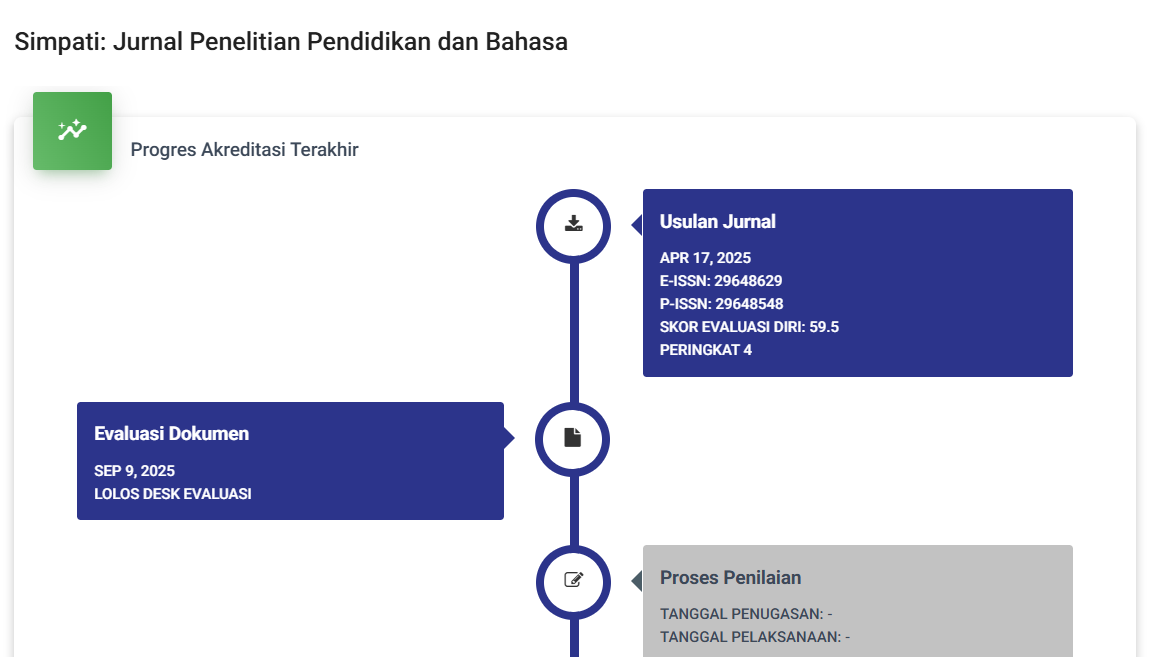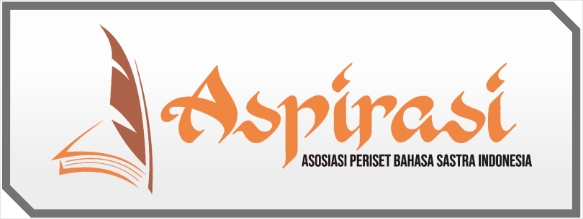Pengaruh Model Pembelajaran Berbasis Masalah terhadap Kemampuan Berpikir Logis pada Peserta Didik
DOI:
https://doi.org/10.59024/simpati.v2i4.914Keywords:
Problem-Based Learning Model, Logical Thinking Ability, LearnersAbstract
This research aims to: (1) describe how much logical thinking ability increases in students who are taught using the problem-based learning model; (2) describe how much logical thinking ability increases in students who are taught using conventional learning models; and (3) analyze the influence of the problem-based learning model on students' logical thinking abilities. The research method used was quasi-experimental with a Nonequivalent Control Group Design. Data collection techniques use logical thinking ability tests (pretest and posttest). The data analysis technique uses descriptive analysis and inferential analysis. The research results show that: (1) the logical thinking ability of students taught using the problem-based learning model has increased by 0.75 (high category) with an average pretest score of 9.40 and posttest of 26.30; (2) the logical thinking ability of students taught using conventional learning models increased by 0.22 (low category) with an average pretest score of 12.53 and posttest of 17.17; (3) there is a significant influence of the problem-based learning model on students' logical thinking abilities, which is proven by a probability value of 0.001 <significant 0.05.
References
Anjani, R. A. (2021). Analisis kemampuan berpikir logis matematis peserta didik berdasarkan gaya kognitif. [Unpublished manuscript].
Bosawer, S. S., Hidayatussakinah, H., & Sirojjuddin, S. (2023). Problem base learning untuk peningkatan kemampuan berpikir logis pada peserta didik kelas VII di SMP Negeri 1 Aitinyo. Biolearning Journal, 10(1), 19-24.
Darwati, I. M., & Purana, I. M. (2021). Problem based learning (PBL): Suatu model pembelajaran untuk mengembangkan cara berpikir kritis peserta didik. Widya Accarya, 12(1), 61-66.
Habibah, S. M. (2021). Penguatan kemampuan berpikir logis pada guru-guru PPKn di MGMP Magetan. Jurnal ABDI: Media Pengabdian Kepada Masyarakat, 7(1), 50.
Mayasari, A., Arifudin, O., & Juliawati, E. (2022). Implementasi model problem based learning (PBL) dalam meningkatkan keaktifan pembelajaran. Jurnal Tahsinia, 3(2), 167-175.
Mulyani, Y. (2021). Metode problem based learning pada pembelajaran ekonomi materi ketenagakerjaan. Science, Engineering, Education, and Development Studies (SEEDS): Conference Series, 5(1), 12-16.
Novia Sari, R. (2020). Profil kemampuan berpikir logis matematis mahasiswa program studi pendidikan matematika Universitas Pasir Pengaraian. Jurnal Absis: Jurnal Pendidikan Matematika Dan Matematika, 2(2), 188-193.
Nurilahi, D. D. (2014). Pengaruh model problem based learning (PBL) terhadap kemampuan berpikir logis siswa pada konsep pencemaran lingkungan (Doctoral dissertation, UIN Sunan Gunung Djati Bandung).
Rohim, A., & Prayogi, B. T. (2023). Analisis kesulitan siswa dalam menyelesaikan soal aljabar ditinjau dari kemampuan berpikir logis. Inspiramatika, 9(1), 65-75.
Sugiyono. (2018). Metode penelitian kuantitatif, kualitatif, dan R & D. CV Alphabeta.
Downloads
Published
How to Cite
Issue
Section
License
Copyright (c) 2024 Simpati

This work is licensed under a Creative Commons Attribution-ShareAlike 4.0 International License.
















